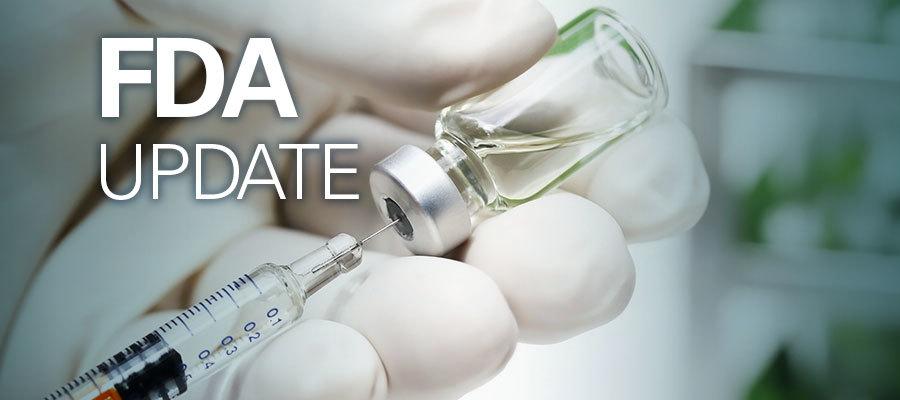FDA warns of potential to miss notifications on smartphone-compatible diabetes devices

The Food and Drug Administration Feb. 5 released an alert notifying patients of a safety concern using diabetes devices such as continuous glucose monitors, insulin pumps and automated insulin dosing systems that rely on a smartphone for delivering alerts. The agency said it received medical device reports in which users reported alerts were not being delivered or heard in situations where the users thought they configured the alerts to be delivered. Some instances may have contributed to serious harm, including severe hypoglycemia, severe hyperglycemia, diabetic ketoacidosis and death.
The FDA issued recommendations for users and said it is working with diabetes-related medical device manufacturers to ensure that smartphone alert configurations are evaluated prior to use. It is also working with manufacturers to ensure settings for smartphones and mobile medical applications are continuously tested and that updates are communicated quickly and clearly to users.

